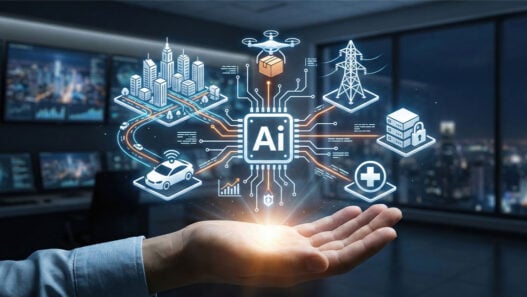AstraZeneca senior vice-president of CVRM Joris Silon told GlobalData how machine learning can speed up accurate diagnosis of heart failure patients: “Heart failure is a special cardiovascular disease; it is the end stage of most cardiovascular disease.
“For example, If you have hypertension, it means that your heart needs to pump against a higher resistance, which fatigues the pump and you get compensating mechanism, which can lead to heart failure if you don’t treat your hypertension well.
“If you have kidney problems, the filter of the body is not working well, and so the heart needs to pump against this filter [which] leads to heart failure. If you have a myocardial infarction, the other part of the heart has to work much harder to compensate, and that can lead to heart failure.
“Type 2 diabetes can lead to heart failure. Once you have heart failure, your prognosis is about four to five years of survival, and that’s even including patients who are younger. Therefore, we need to diagnose the disease much earlier and make sure that patients have a chance to be treated appropriately.
“AstraZeneca [recently] announced a global collaboration with eko.ai, which is a company developing artificial intelligence software to help cardiologists better diagnose heart failure patients through echocardiography.
“Right now, a cardiologist needs to click through, trade and measure these echocardiographs, and it takes on average 30 minutes to come to a certain diagnosis. This very manual diagnosis leads to a lot of variability.
“eko.ai wants to democratise diagnosis by performing the analysis in one click in a couple of seconds and with no variability, and therefore we’re trying also to help to improve the diagnosis of heart failure, which will significantly help patients.”







